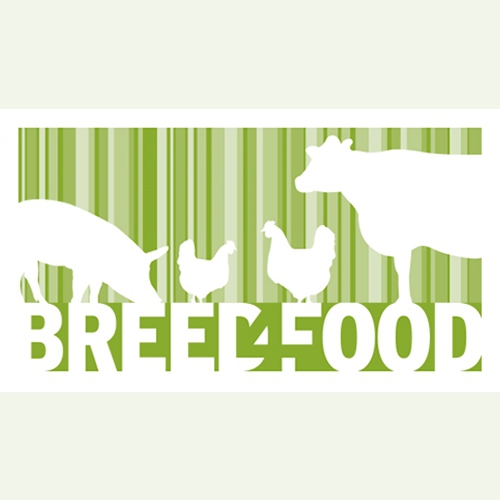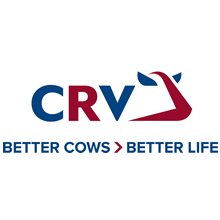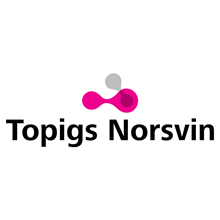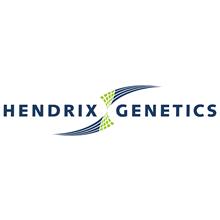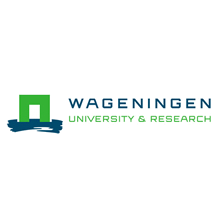Breed4Food seminar: Facing the challenges in the food system
A Social Contract for Breed4Food
Thursday April 7th about 70 participants were present in Ouwehands Zoo, with another 17 online, to mark the end of the 2nd and beginning of the 3rd joint research program of Breed4Food. Priority number one in animal breeding is to improve a population of animals by selecting the best animals as parents for the next generation. The goal is to contribute with research and development to sustainable production of (dairy) cattle, pigs, broilers, layers, turkeys and aquaculture. These animals are part of the food system and animal breeding aims at responding to changing societal and consumer demands for sustainable production of the main livestock species. In the second part of the seminar the focus was on engaging as breeders in a dialogue with society.
We don't need animals – A Social Contract for Breed4Food
Keynote speaker Jan Staman, Council on Animal Affairs, shared two metaphors or frames about relationships with animals. It is a wicked problem, difficult or impossible to tackle by the breeders because of incomplete, contradictory, and changing requirements. Wicked problems can always be described as the symptom of other problems. Arguments against do not help to counteract these metaphors. Livestock animals are considered as: 1. Companion animals belonging to our households or 2. Like a plague, a pest, a number problem. To work on trust and confidence is important. With confidence problems; avoid public affairs, is his recommendation. Jan recommends addressing wicked problems by buying time and avoiding the use of conversation stoppers.
Advisory Board
Frank Meijboom, Marije Klever and Lisanne Stadig are introduced as the Advisory Board for the Work Package on ‘Ethics & Society’ of the new Breed4Food program. They comment that the metaphors should be taken seriously by the breeding companies. Think about: ‘what is my relationship with an animal?’. Be a caring farmer and have an open mind for different views. It was interesting to observe that only few participants today knew the website https://www.deltaplanveehouderij.nl/ from the Animal Protection Organisation (Dierenbescherming). At the end of this discussion Jan Staman and the Advisory Board gave the following take home messages: People are worried about disconnection. Look from a young farmers perspective. Be open and transparent about your role and impact as breeders.
Karel de Greef, leader of the Work Package ‘Ethics & Society’ expressed his thanks to Jan Staman and the Advisory Board for triggering the discussion and their recommendations. Karel also referred to the ongoing kitchen table talks within the breeding companies which will also help to get more engaged in a dialogue with society about the impact of breeding on the food system.

